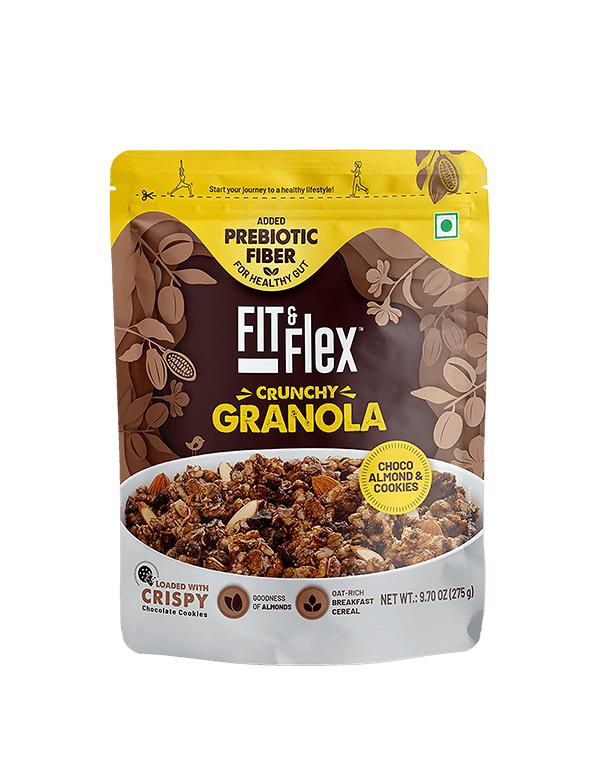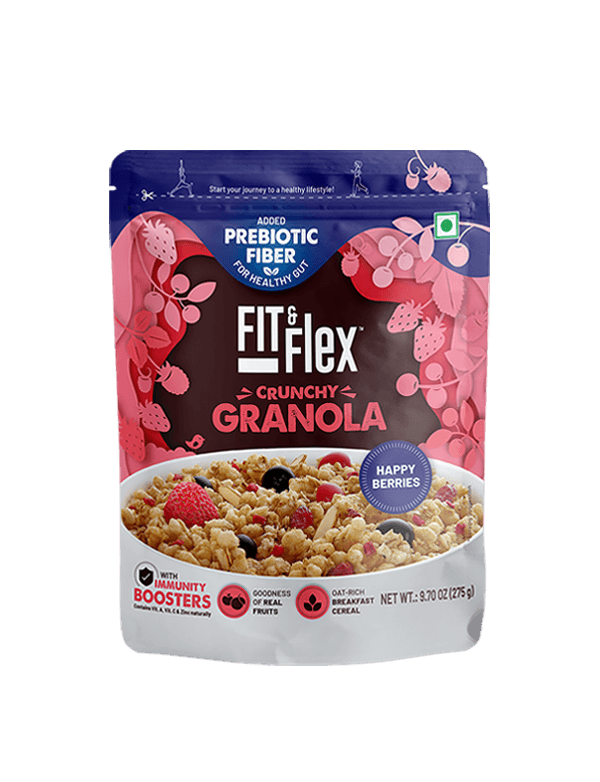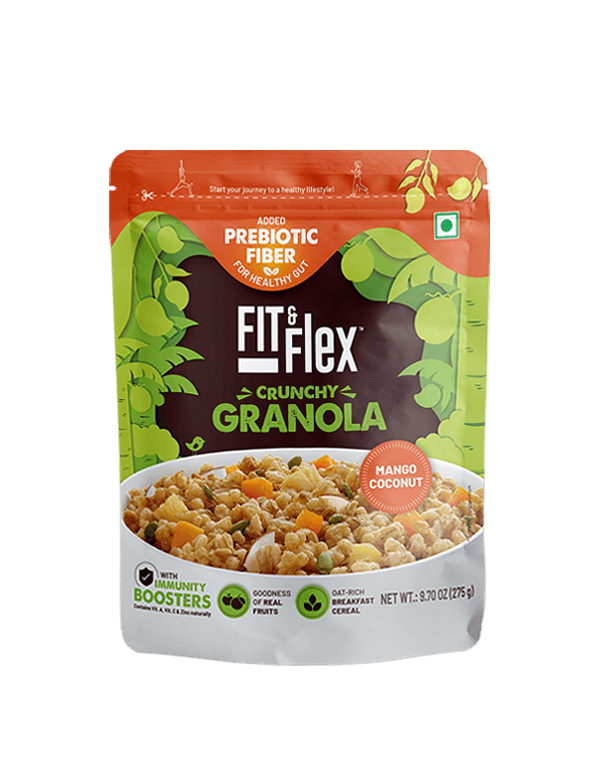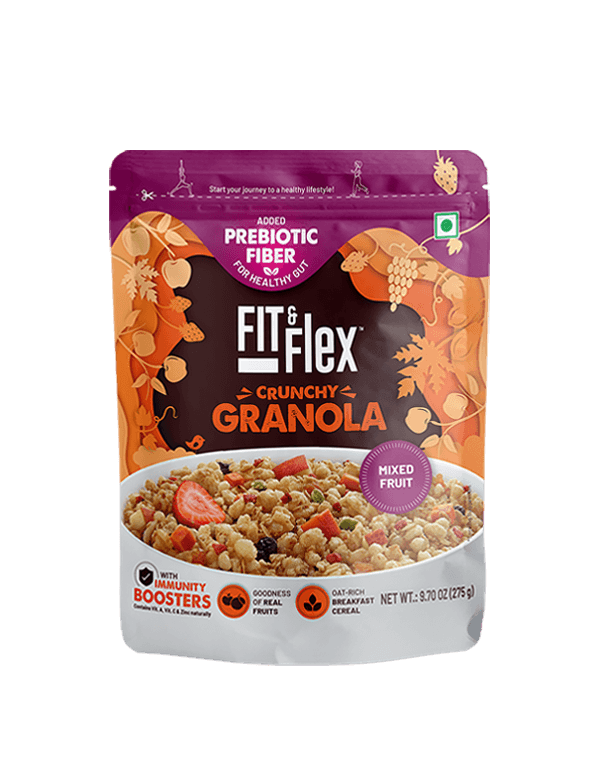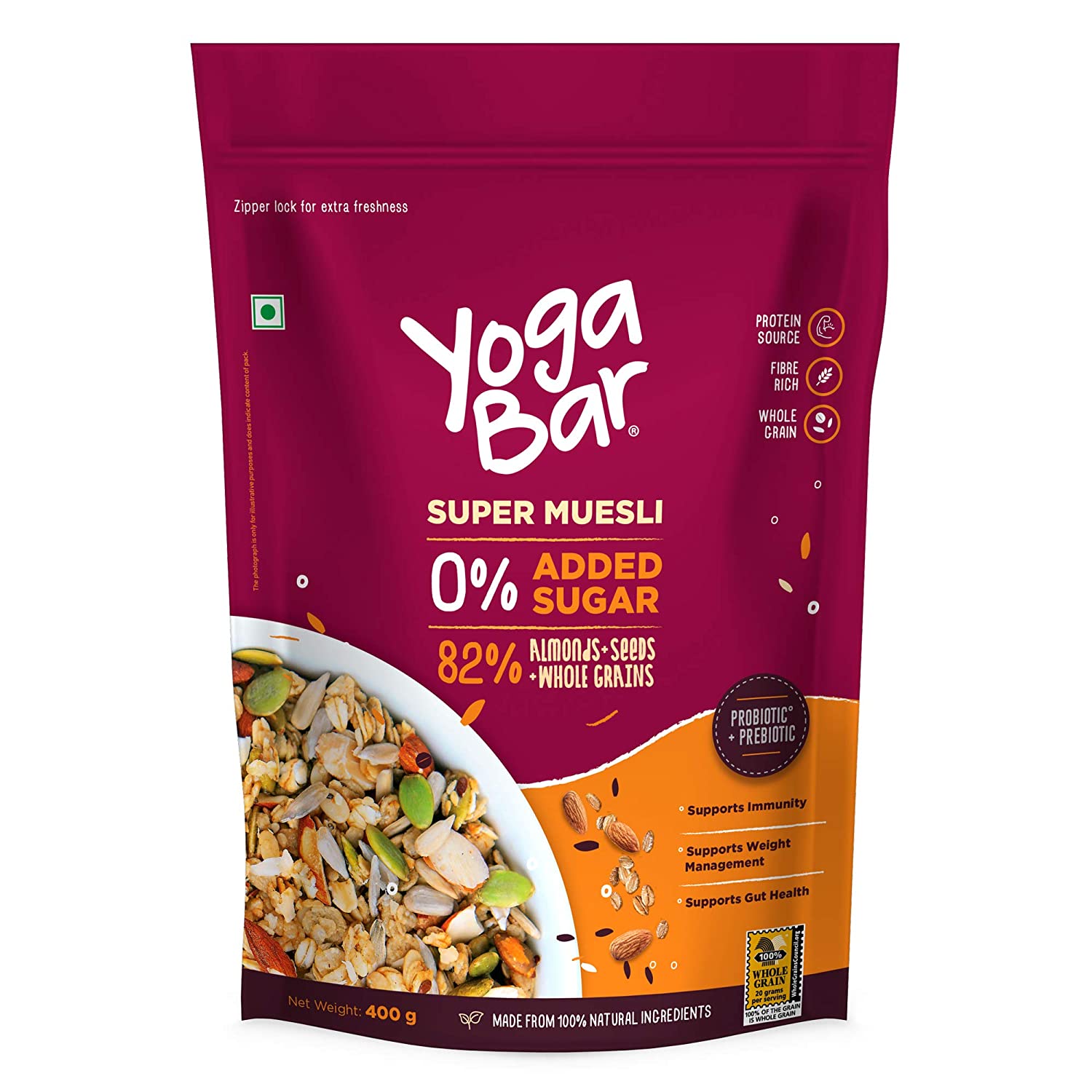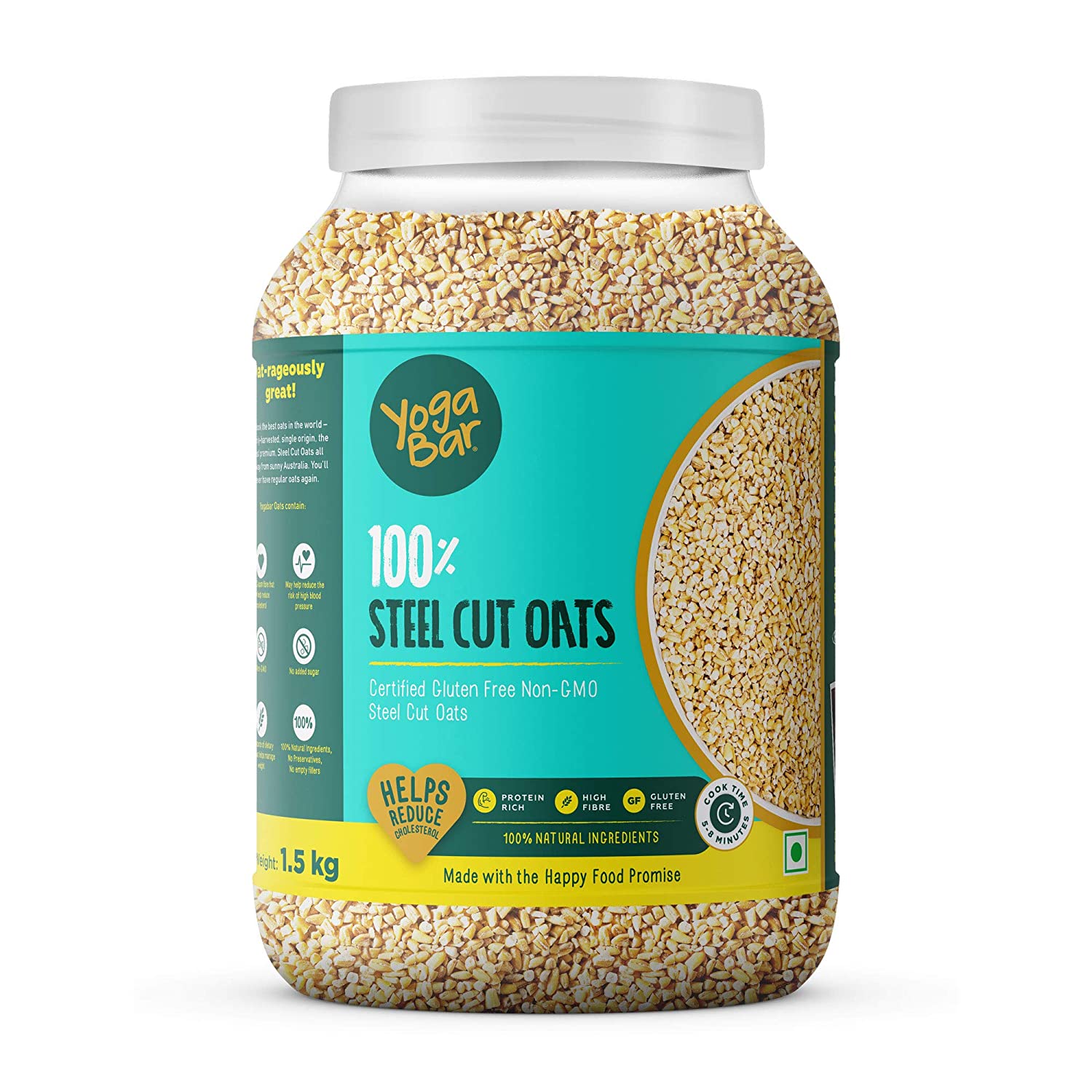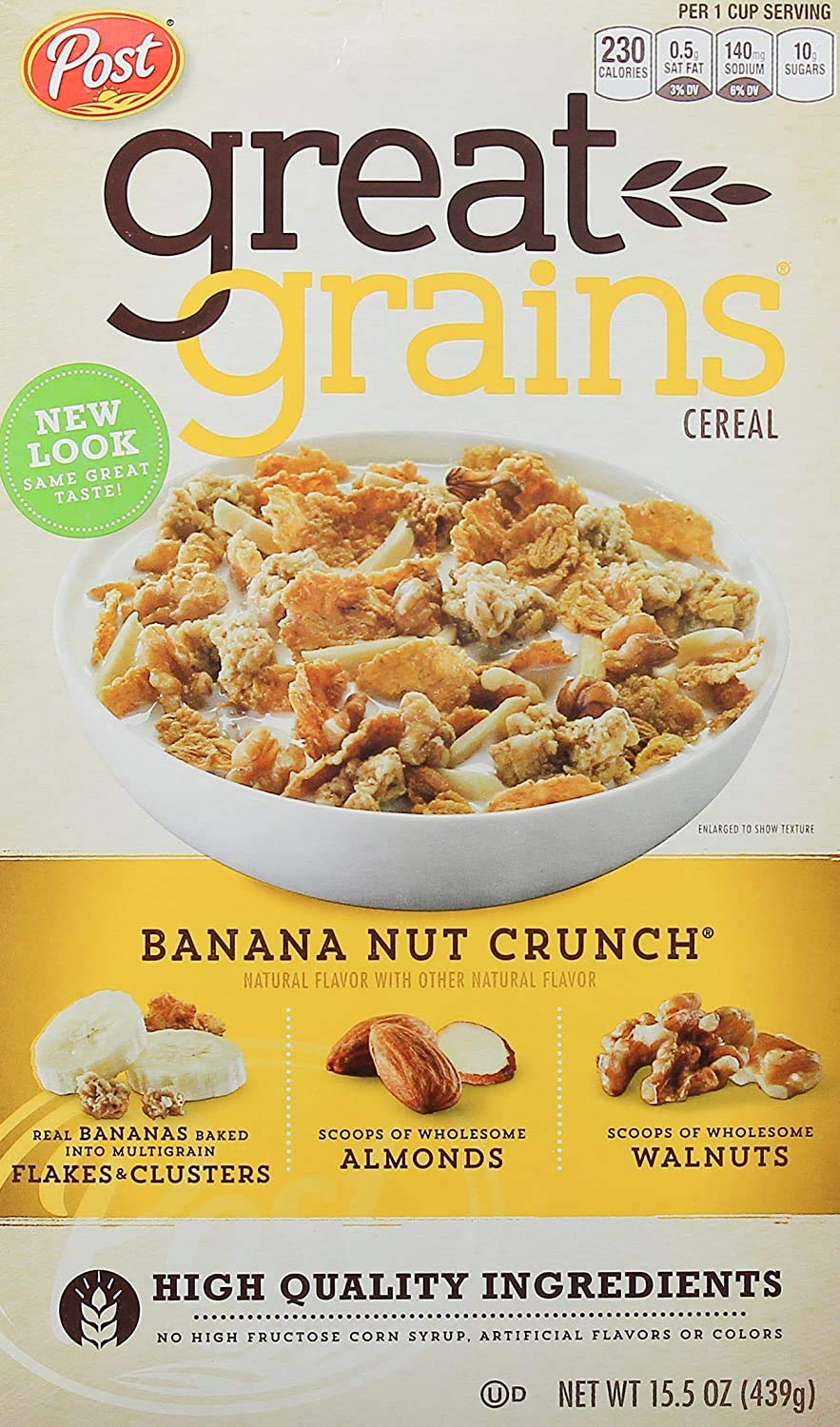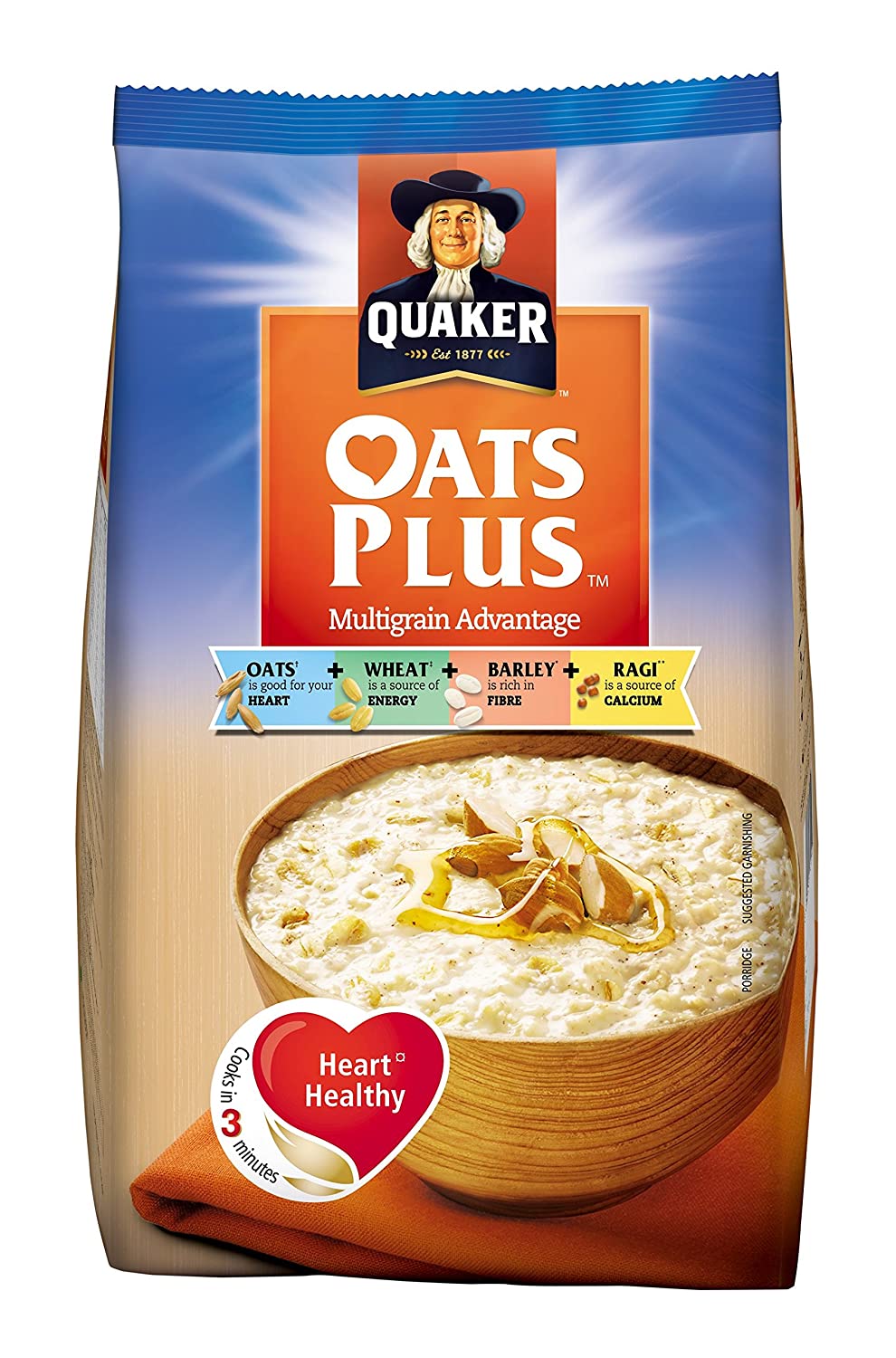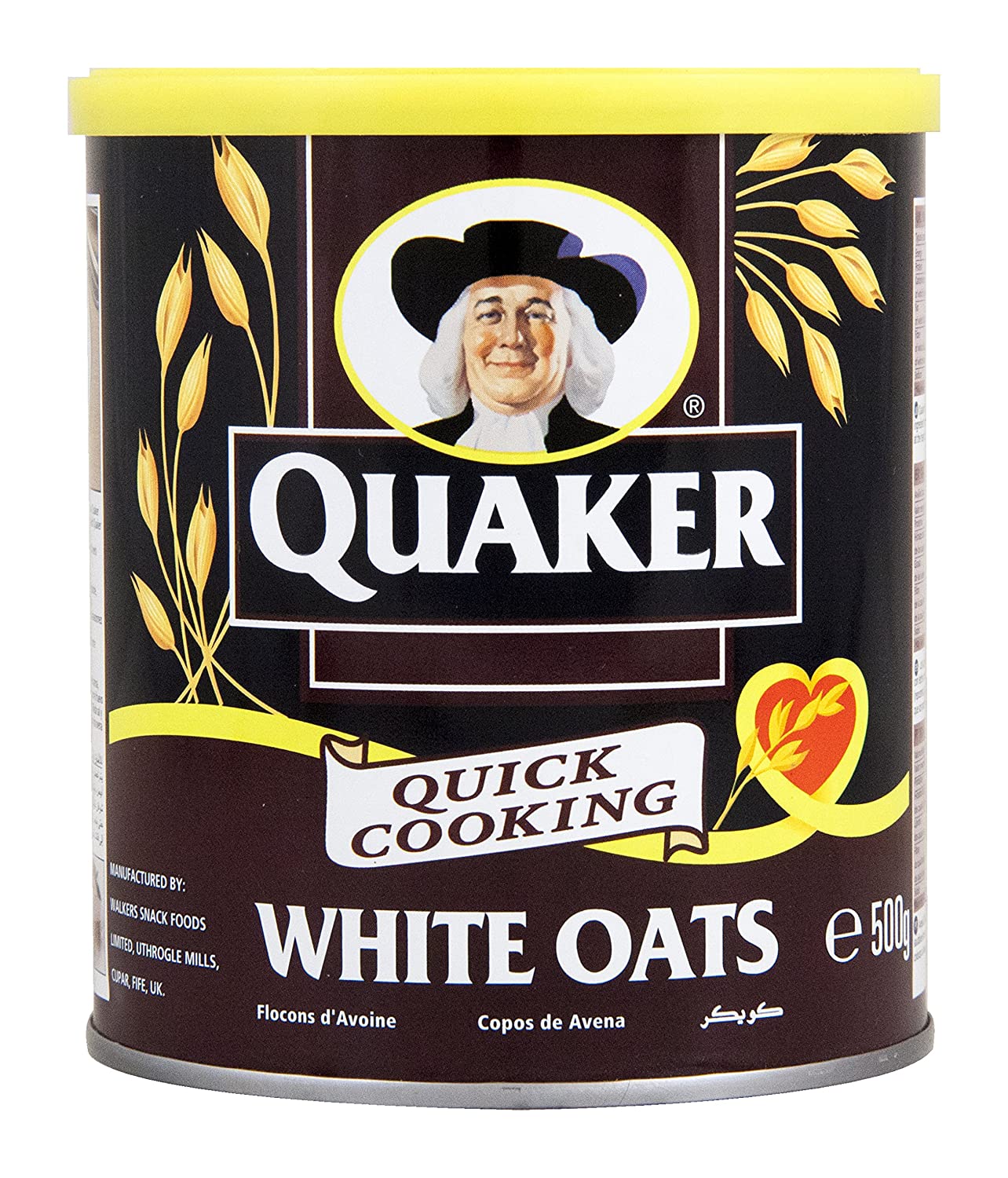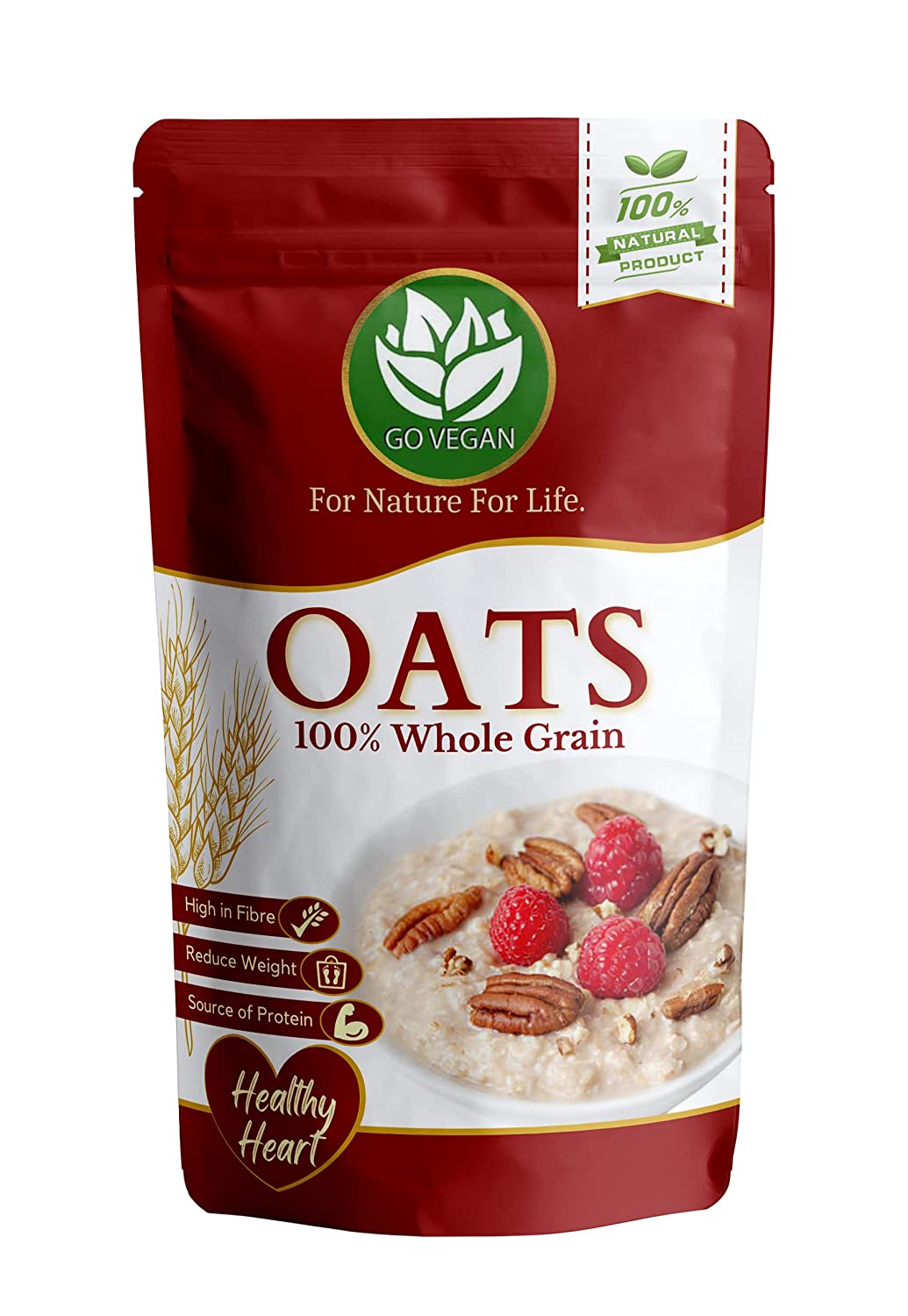Zinc
Micronutrient
Last update date: November 07, 2023
Zinc is a nutrient helping in cell division, cell growth, wound healing and the breakdown of carbohydrates.
Frequently Asked Questions
1.
What is Zinc?
Zinc, an indispensable nutrient present in a range of plant and animal sources, as well as supplements, is crucial for maintaining healthy skin, supporting immune function, and promoting cell growth. Additionally, it may provide protection against acne, inflammation, and various other conditions. As your body doesn't produce zinc naturally, it is necessary to acquire it from dietary sources or supplementation.
2.
What does zinc do for the body?
Zinc offers numerous positive impacts on your health. Here are some key benefits: Boosts your immune system, helping you fight off infections and illnesses. Accelerates wound healing by promoting cell growth and tissue repair. May reduce the risk of certain age-related diseases, such as age-related macular degeneration (a leading cause of blindness). May help treat acne by regulating oil production and reducing inflammation. Decreases inflammation throughout the body, which is important for managing chronic conditions
3.
What is negative impact of Zinc?
There haven't been instatnces of consuming excessive Zinc from dietary sources alone and hence zinc toxicity might occur if you consume excessive Zinc supplements. Some symptoms that you might notice are: Headaches, Diarrhea, Abdominal pain or cramping, Nausea and vomiting, and Poor appetite
4.
Who should avoid Zinc?
If you have a zinc allergy, it's best to avoid zinc supplements. Before taking zinc supplements for specific conditions or if you have underlying health issues, it's important to consult with your doctor. Some medical conditions and medications can interact with zinc, which may affect its effectiveness or cause adverse effects. Conditions like colds, macular degeneration, weakened immune system, stomach ulcers, acne, ADHD, herpes, Wilson's disease, HIV/AIDS, cirrhosis, alcoholism, celiac disease, kidney disease, cholesterol issues, thyroid problems, inflammatory bowel disease, pancreatic conditions, high blood pressure, or pregnancy may require professional guidance before considering zinc supplementation
5.
Which foods are high in zinc?
Zinc-rich foods include: Shellfish: Oysters, crab, mussels, lobster, and clams are excellent sources of zinc. Meat: Beef, pork, lamb, and bison provide significant amounts of zinc. Poultry: Turkey and chicken are good options for zinc intake. Fish: Flounder, sardines, salmon, and sole contain moderate levels of zinc. Legumes: Chickpeas, lentils, black beans, kidney beans, and others offer plant-based zinc. Nuts and seeds: Pumpkin seeds, cashews, hemp seeds, and more contribute to your zinc intake. Dairy products: Milk, yogurt, and cheese are sources of zinc. Eggs: Including eggs in your diet can provide zinc. Whole grains: Oats, quinoa, brown rice, and other whole grains contain some zinc.
6.
Which are symtoms of Zinc deficiency?
Zinc deficiency can occur in certain individuals. People who may be at higher risk of zinc deficiency include: Those with gastrointestinal diseases like Crohn's disease, which can impair zinc absorption. Vegetarians and vegans, as plant-based sources of zinc may be less readily absorbed by the body. Pregnant or breastfeeding women, as their zinc requirements increase during these periods. Older infants who are exclusively breastfed may require additional sources of zinc after six months of age. Individuals with sickle cell anemia, as chronic inflammation associated with the condition can increase zinc requirements. People who are malnourished, including those with anorexia or bulimia, as inadequate food intake can result in zinc deficiency.
7.
What fruit has the most zinc?
Blackberries have the highest zinc contains, Every 200 calories of blackberries contain 2.5mg zinc with 22% DV.


